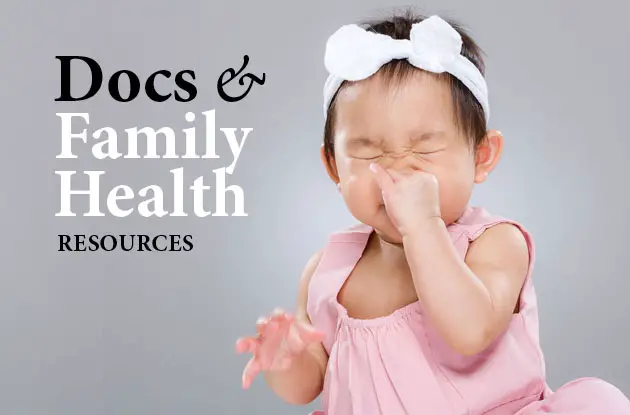Sesame Street will return for its 50th season this year and has just launched a new initiative, Sesame Street in Communities, which offers supplemental content designed for kids–who are often unseen victims of addiction–for free to providers, parents, and caregivers. Karli, a little green Muppet with yellow hair who was first introduced in May 2019 to teach kids about foster care, will lend a hand in this initiative as well. Karli sharing her story with the other Muppets shows kids that addiction is a sickness, but they will be taken care of, and they are not alone.
“How they're impacted by addiction is often something that we don't hear about or, more importantly, don't hear [in] a children's voice or perspective,” said Jeanette Betancourt, senior vice president for U.S. social impact at Sesame Workshop, the nonprofit behind the show.
Karli’s story is reflected in that of Salia Woodbury, a 10-year-old girl who joins Karli in some new Sesame Street episodes to give a real-life component to the discussion of addiction. Salia’s parents battled opioid addiction and are now in recovery.
“We all feel, like, our big feelings inside,” Salia said, according to NBC News. “We're strong, and we can all work together to go through it.”
Beyond Karli, Sesame Street in Communities has unveiled several new resources to show kids they are not alone when facing addiction and that getting help is possible. According to a press release from Sesame, the new resources include:
- What is Addiction?: Elmo’s dad, Louie, explains that addiction is a sickness—but not the kind you catch like a cold.
- Lending a Hand: Karli tells Elmo and Chris about her mom’s meetings and the special kids-only meetings where she gets to spend time with other children going through the same thing.
- Monster Music: After her mom returns home from treatment, Karli shares a special moment with Abby Cadabby.
- It’s Not Your Fault: Karli tells Elmo that she used to feel like her mom’s addiction was her fault, but has learned that it was a grown-up problem and that her mom loves her no matter what.
- We’re Special and So Are You: Karli, Elmo, Rosita, and Abby Cadabby share the qualities that make them resilient.
- Live Action Films, including a film about Salia, a 10-year-old who’s “been there” and accompanying tips from Karli and Salia like sharing your feelings with a good friend, breathing deep, and drawing feeling flowers. And, as part of our professional development offerings, a portrait of a provider in the field.
- Activities and articles for parents and providers, including a digital coloring quilt interactive, a new Play, Talk, Imagine! storybook, and helpful answers to children’s difficult questions. The new resources are designed to promote engagement between children and the caring adults in their lives.
“The significance of Sesame Workshop’s new initiative on parental addiction cannot be overstated,” said Jerry Moe, National Director of Children's Programs at the Hazelden Betty Ford Foundation, and an advisor on the new initiative, said in the release. “There have been precious few resources to help young children, so this initiative is a game-changer for the important work we do with kids at Hazelden Betty Ford and for professionals everywhere on the front lines of our nation's addiction crisis. For children who connect to Karli, hearing, ‘It's not your fault—you are not alone, and there are safe people and places that can help,’ opens a path to hope and healing.”
According to Sesame Street in Communities, there are 5.7 million children under age 11–or one in eight children–living in households with a parent who has a substance abuse disorder in the United States. This number does not include children not living with a parent due to separation or divorce, incarceration, or death as a result of their addiction. One in three of these children will enter foster care due to parental addiction, a number that has grown by more than 50% in the past decade. Sesame Street in Communities hopes that the effects these statistics have on kids can be mitigated by programming, resources, and support from the adults that this initiative targets. For more information on Sesame Street in Communities, head to the initiative’s website.
Main Image: Credit Zach Hyman / Sesame Workshop, via NBC News.


















